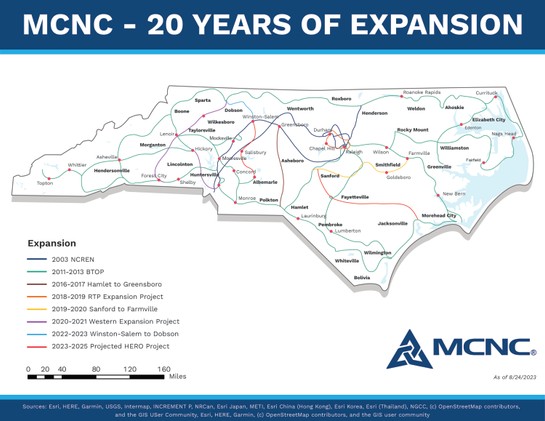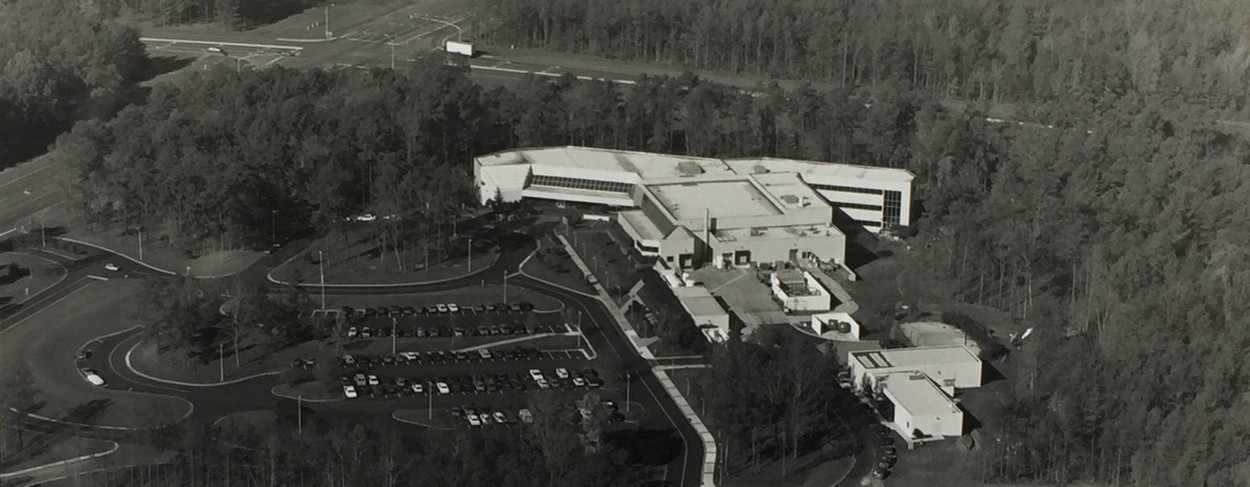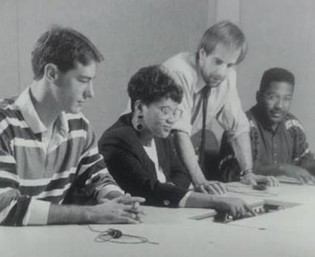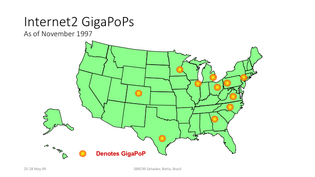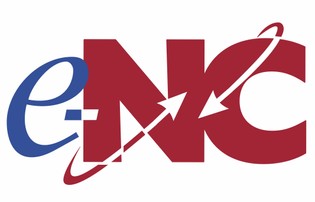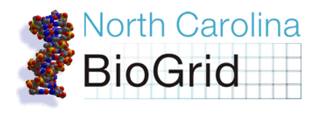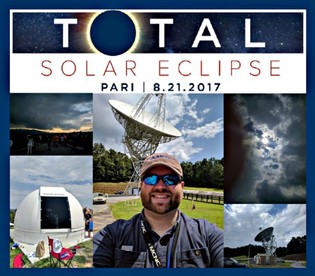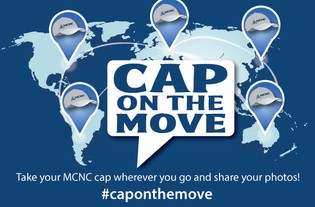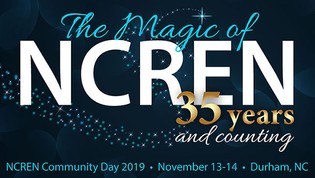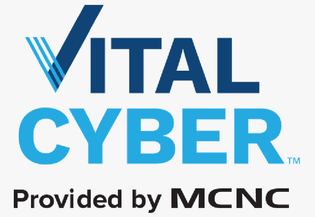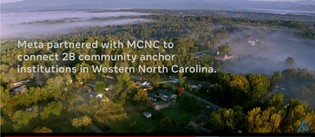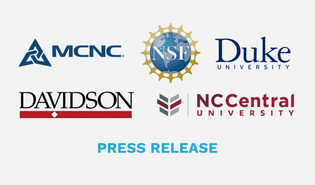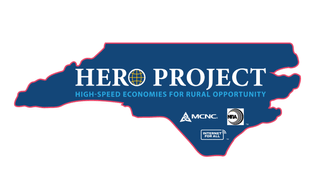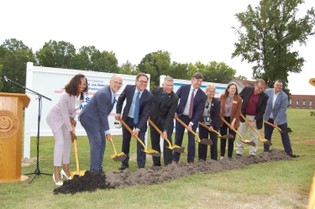The History of MCNC
 In 1985, in collaboration with the State of North Carolina, MCNC began creating the statewide North Carolina Research and Education Network (NCREN) to provide the first broadcast-quality, two-way interactive, multipoint video and audio system in the United States. NCREN is one of America’s longest-running regional research and education networks. Since its inception, MCNC has continued to engineer and expand the backbone, supporting over 4,400 miles of fiber optic infrastructure to underserved and unserved communities in North Carolina.
In 1985, in collaboration with the State of North Carolina, MCNC began creating the statewide North Carolina Research and Education Network (NCREN) to provide the first broadcast-quality, two-way interactive, multipoint video and audio system in the United States. NCREN is one of America’s longest-running regional research and education networks. Since its inception, MCNC has continued to engineer and expand the backbone, supporting over 4,400 miles of fiber optic infrastructure to underserved and unserved communities in North Carolina.
To enlarge the map to the right click here.
